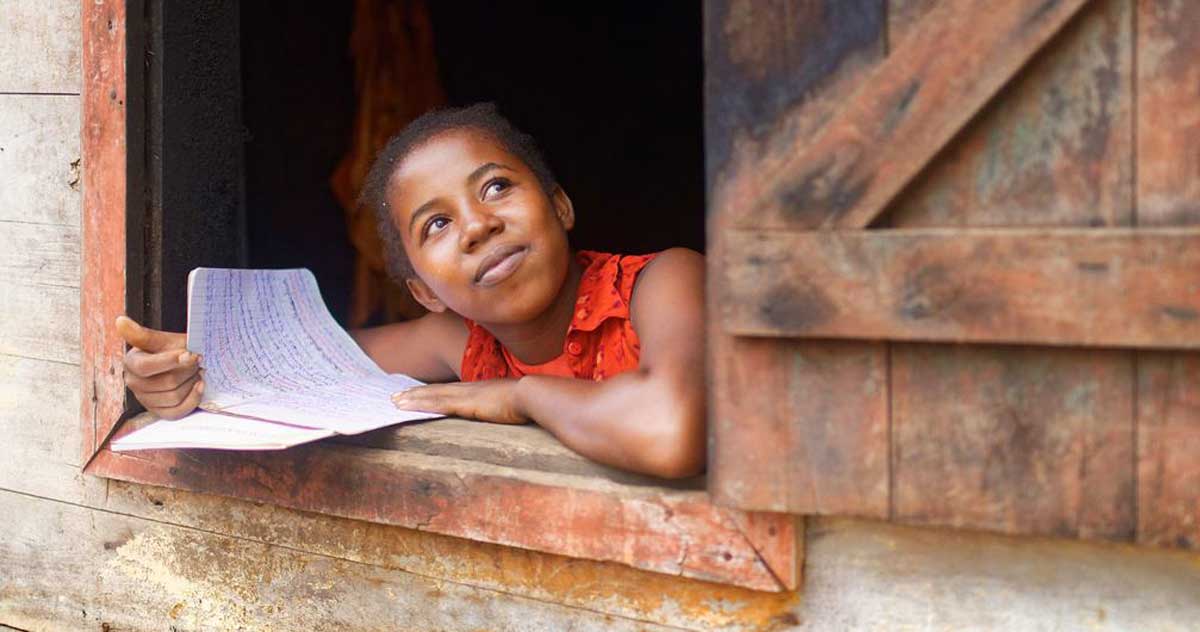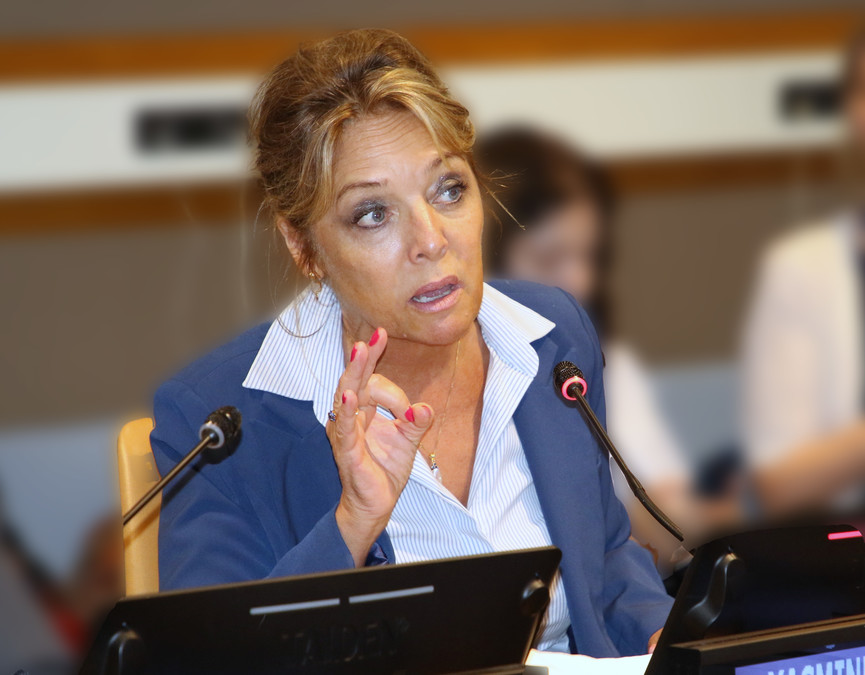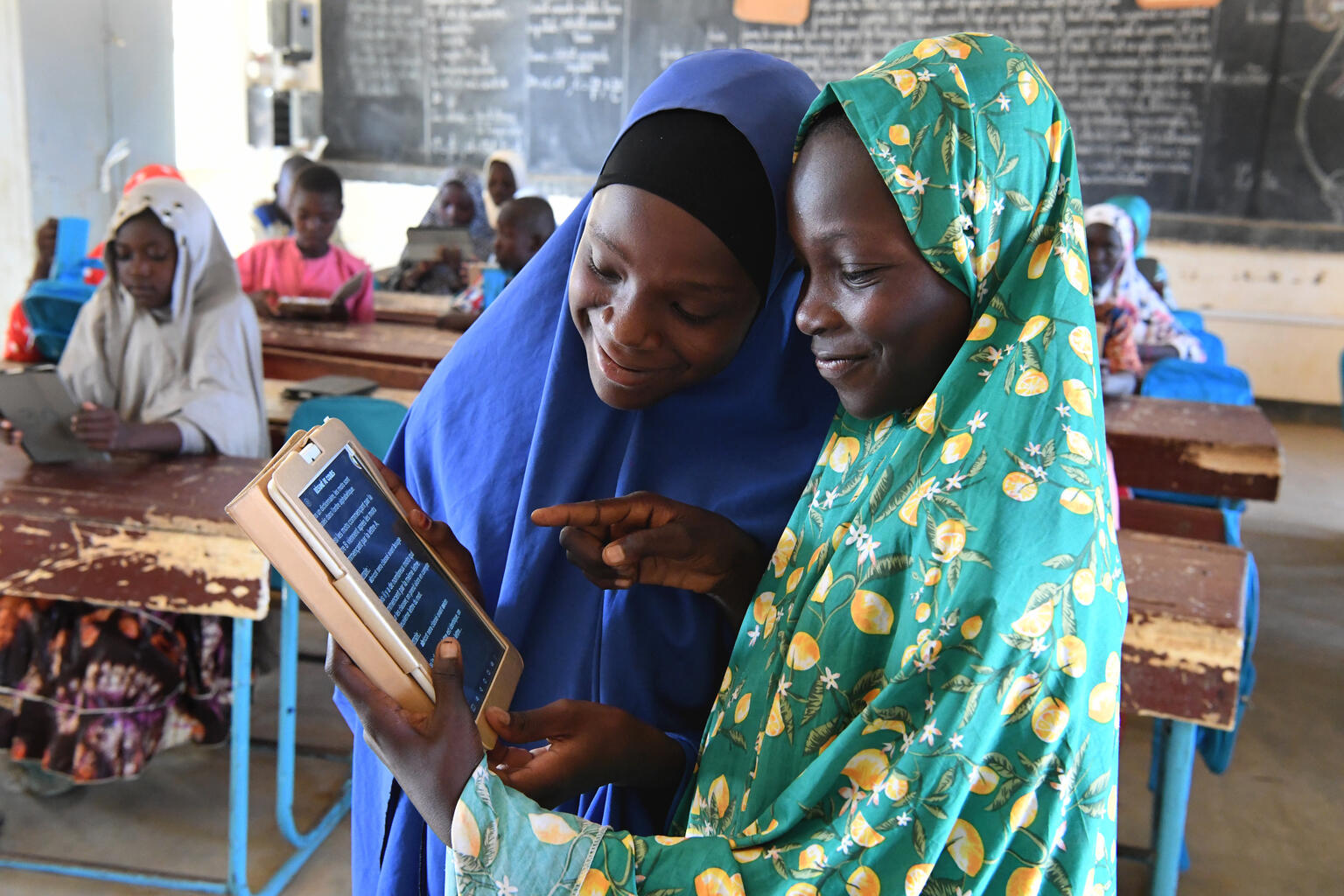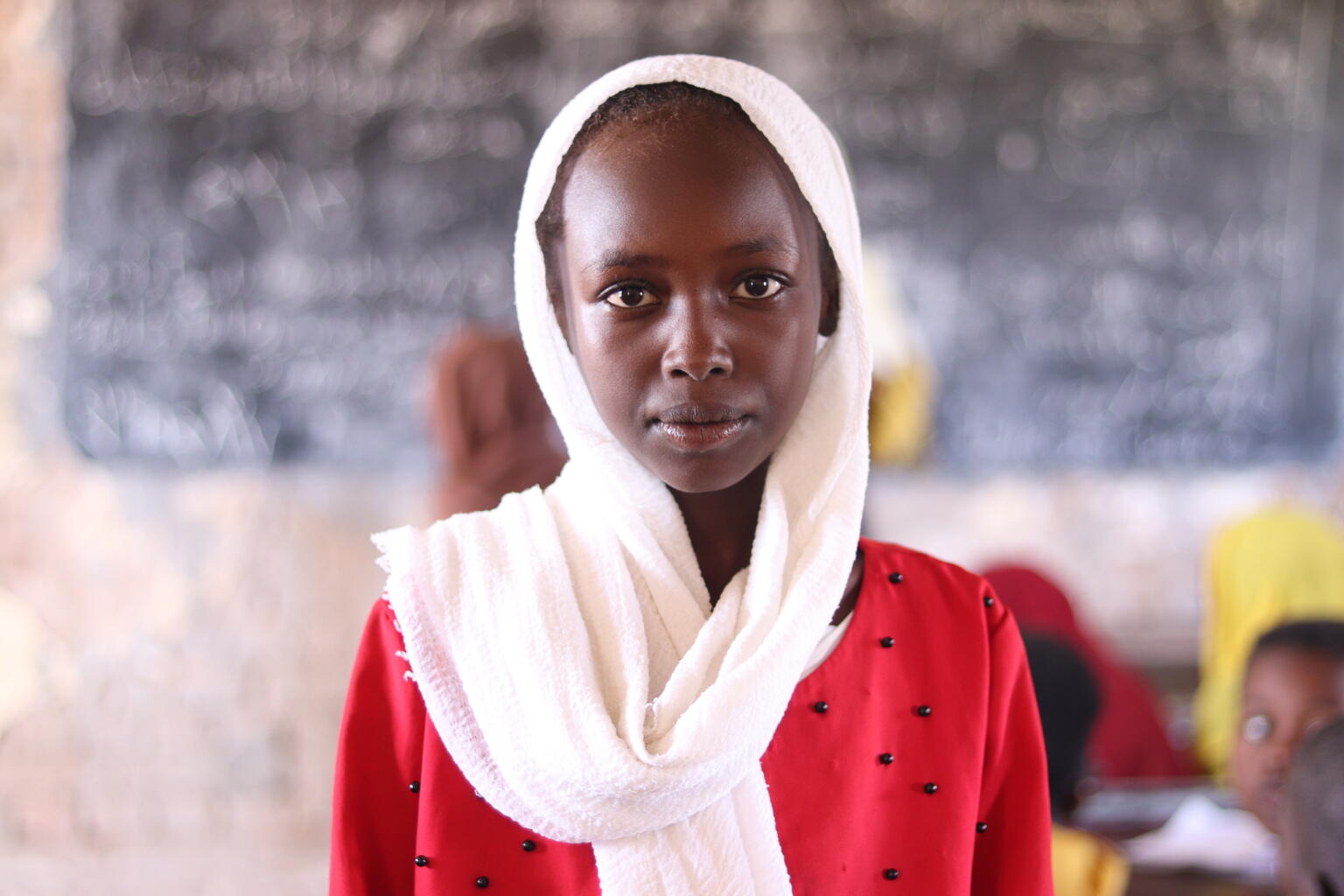Education For All – Our Investment in Humanity

Originally published on Modern Diplomacy.
Authors: Rt. Hon. Gordon Brown and Yasmine Sherif
Millions of children are experiencing a world being ripped apart. Armed conflicts, climate change, forced displacement and other massive shocks are depriving them of their inherent human right to go to school and dream of a better world.
As a global community, we must unite in our efforts to ensure these crisis-affected girls and boys are able to access safe learning environments. This is our investment in peace, our investment in economic security, and our investment in sustainable development.
We live in very uncertain times. Only by providing education for all can ‘win the human race’ and save humanity from the unrelenting forces of chaos and uncertainty looming at our doors.
Recent estimates from the United Nations global fund for education in emergencies & protracted crises, Education Cannot Wait, indicate that the number of crisis-impacted children in urgent need of education support worldwide has tripled from 75 million in 2016 to 222 million today. Of these, as many as 78 million are out of school altogether. This is unacceptable. This is unsustainable.
Without the safety, hope and opportunity that a quality education provides, these 222 million children face never-ending cycles of poverty, hunger, sexual violence, recruitment into armed groups and other assaults on their humanity.
When children miss out on learning in global hotspots like Afghanistan, Haiti, Iraq, Ukraine and South Sudan, it not only has a devastating impact on their individual lives, it also has a massive impact on our global economy and our tireless efforts to build peace in our times.
And yet, education is severely underfunded – especially where it is needed most.
In 2021, it was estimated that we would need US$3 billion to provide education support for the millions of crisis-impacted children worldwide that need our help. Yet more than three-quarters of that humanitarian appeal (77%) was left unfilled.
With the war in Ukraine, COVID-19, climate change, the strong possibility of a global economic recession, massive population displacements and other factors continuing to disrupt development gains, the prospects for 2023 and beyond look even more dire. Especially for children.
We can do better. We must do better. Together, we will do better.
Education provides a bridge out of crisis and a pathway toward true sustainable development. It protects children from assaults and other human rights violations and provides girls with a chance to realize their full potential.
Serving as the UN Special Envoy for Global Education and as the Director of Education Cannot Wait, we urge world leaders, public and private sector donors to place education financing – especially for the world’s most vulnerable children – on top of the international agenda.
Think about the return on investment. For every dollar invested in girls’ education, we see US$2.80 in return. And, by making sure all girls complete their secondary education could boost the gross domestic product in developing countries by 10% on average over the next decade.
Imagine what those returns mean for the world’s leading businesses? Imagine what those returns mean for the future of girls everywhere? Imagine what those returns mean for our global community?
Efforts are already underway. Since its inception in 2016, Education Cannot Wait has already mobilized over US$1 billion and reached over 7 million vulnerable children with holistic, quality education. With ongoing support from Germany, United Kingdom, USA and other key donors, the Fund will reach another 20 million children in the next four years and catalyze global support to realize 222 Million Dreams.
In places like the Democratic Republic of the Congo, this new funding means girls have the chance to be child scholars and not child brides. In Bangladesh, Rohingya refugees that have lived through the unimaginable horrors of persecution and genocide are able to dream of becoming doctors and teachers.
And, in Afghanistan, this means pressing for a return to all girls – without exception – at the primary, secondary and tertiary levels, while holding leaders accountable for violations of International Humanitarian Law, and supporting local partners in delivering on the humanitarian imperative.
On 16-17 February, world leaders will converge on Geneva for the Education Cannot Wait High-Level Financing Conference. Following promises made at the UN-Secretary General’s Transforming Education Summit in September 2022, this is a crucial moment to invest in the future of girls and boys everywhere.
By delivering on our promise of universal education we have the unique opportunity to make our mark on history and save humanity from the darkness that looms at our borders. This is our chance to build a better world for generations to come.




